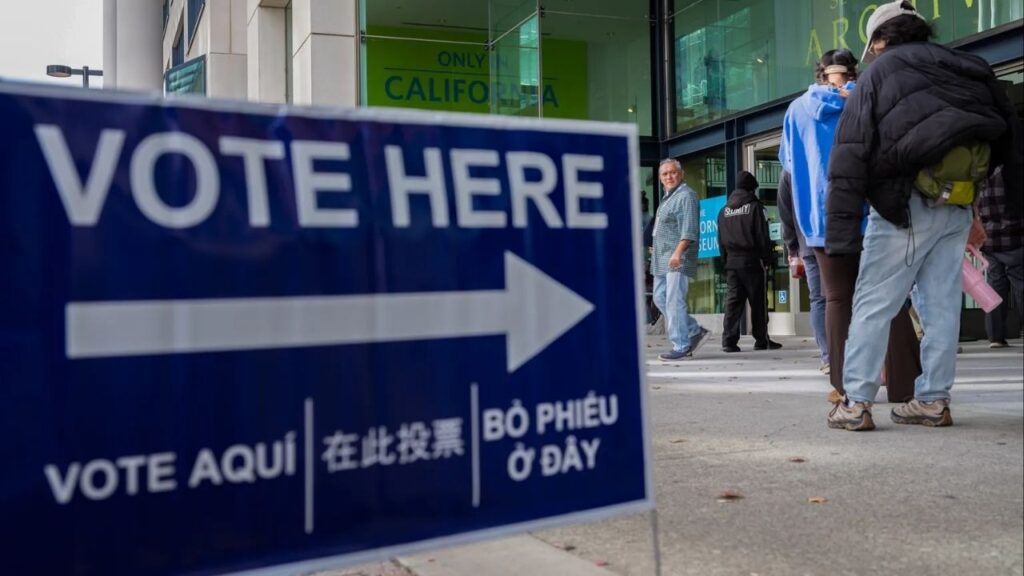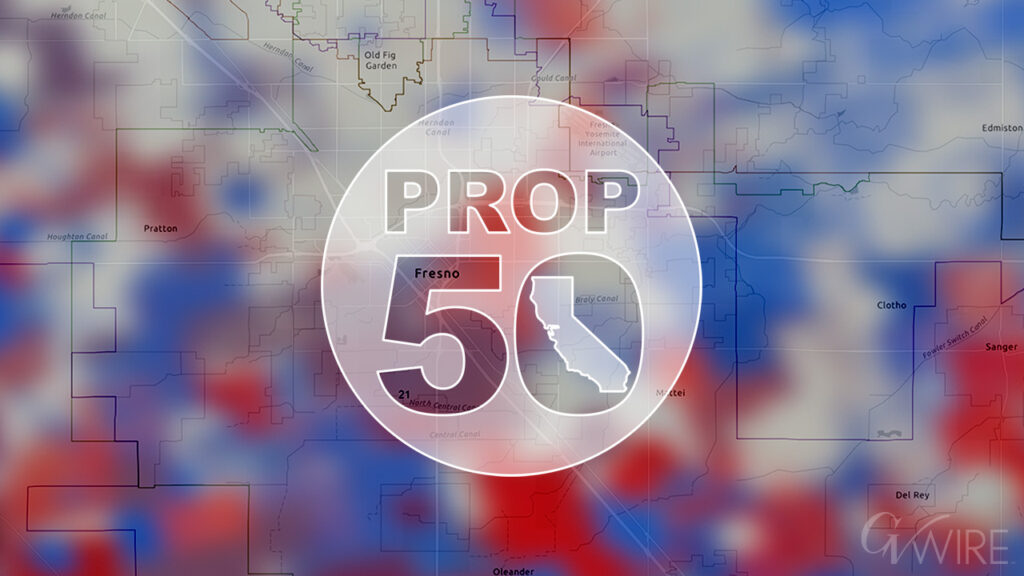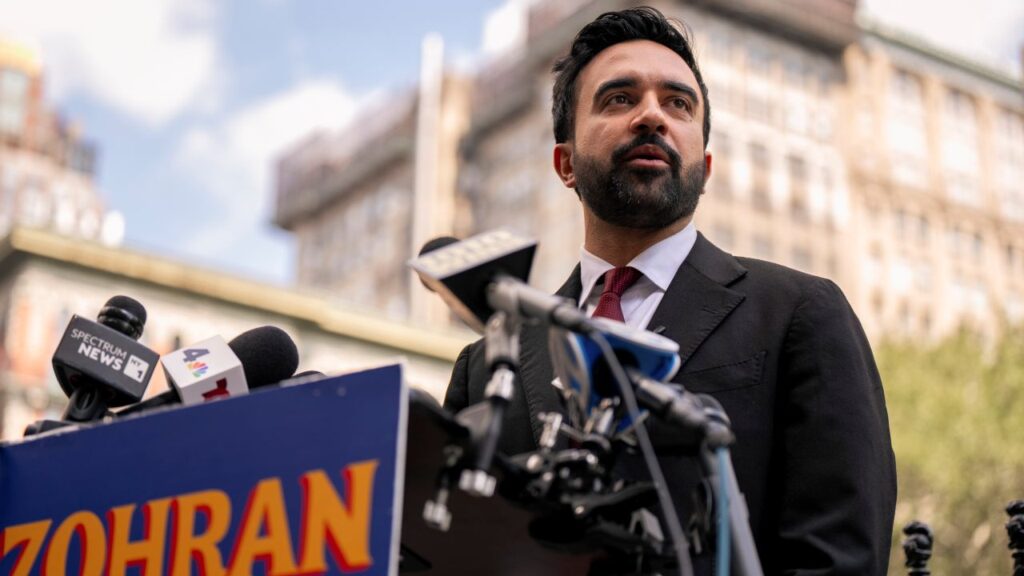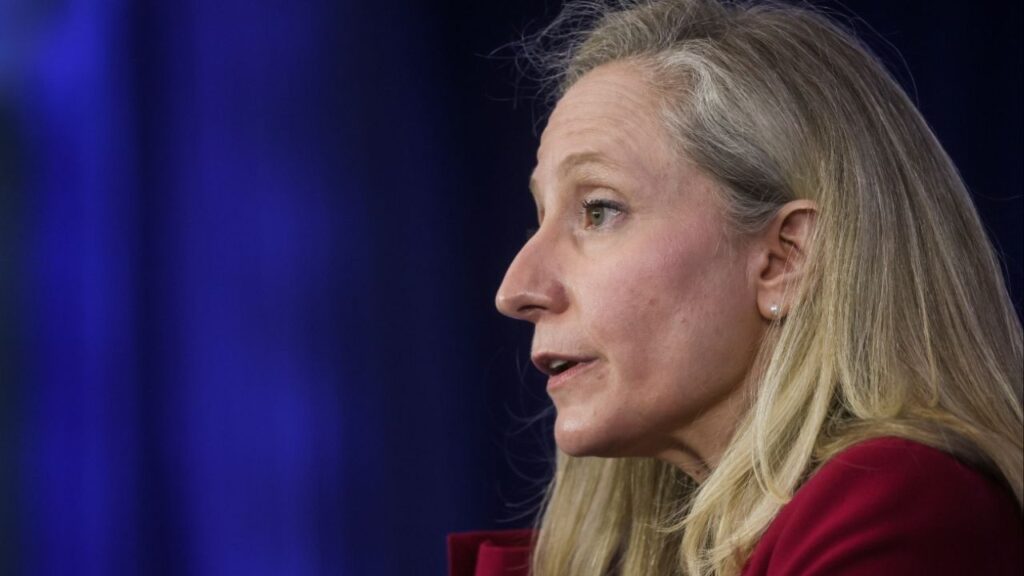Elon Musk, special government employee and overseer of Department of Government Efficiency (DOGE), arrives before President Donald Trump gives an address to a joint session of Congress on Capitol Hill, in Washington, March 4, 2025. A federal judge in Washington ordered Elon Musk’s team and the Office of Management and Budget to begin releasing internal documents “as soon as practicable.”(Haiyun Jiang/The New York Times)

- A federal judge ruled Elon Musk’s government-cutting unit must comply with public disclosure laws and release internal emails.
- The lawsuit alleges Musk’s team planned federal cuts in secret and may have deleted records in violation of regulations.
- The government argued it could take three years to release documents, but the judge ordered records to be preserved immediately.
Share
|
Getting your Trinity Audio player ready...
|
WASHINGTON — A federal judge found on Monday that Elon Musk’s government-cutting unit is likely subject to public disclosure laws and must promptly turn over documents to a group that had sued for access to its internal emails.
In his order, Judge Christopher Cooper of U.S. District Court for the District of Columbia wrote that the Department of Government Efficiency, led by Musk, had all the hallmarks of an agency that would typically be subject to laws like the Freedom of Information Act. He said Musk’s team appeared to be exercising “substantial authority over vast swaths of the federal government,” much greater than other federal agencies that are subject to the law.
Cooper required Musk’s team and the Office of Management and Budget to turn over email correspondence between their offices that the group suing had requested, and to “begin producing documents on a rolling basis as soon as practicable.”
Lawsuit Asks Court to Compel Agencies for Records
The lawsuit, brought by Citizens for Responsibility and Ethics in Washington, or CREW, had asked the court to compel those agencies to turn those records over by Monday, a time frame the judge said was unrealistic. It had argued that the group’s internal records were of extreme interest to the public as Musk and his associates have planned cuts and layoffs largely in secret while laying waste to vast sections of the federal government.
The group’s lawyers had also expressed alarm about reports that members of Musk’s team had deleted or failed to preserve encrypted text messages on platforms like Signal and emails sent from personal accounts, in what it described as violations of other federal regulations set by the National Archives and Records Administration.
In his ruling, Cooper noted those concerns, writing that “this evidence gives rise to the possibility that representatives of the defendant entities may not fully appreciate their obligations to preserve federal records.”
Donald Sherman, deputy director of CREW, said in an interview that the court decision “opens the door” for the public to obtain documents from Musk’s government-cutting initiative that would help it understand how it is operating.
“This is the first court to find that DOGE is subject to the Freedom of Information Act,” Sherman said. “It would hopefully provide some measure of accountability for the reckless and chaotic way that DOGE has been operating.”
Trump Administration Says DOGE Is Not Subject to the Freedom of Information Act
A White House spokesperson did not immediately respond to a request for comment. The Trump administration has argued that as part of the executive branch, Musk’s office, which was formed as a temporary advisory unit, was not subject to the Freedom of Information Act. It has also taken actions to try to insulate it from public records requests or judicial intervention.
At a hearing Friday, Jonathan Maier, a lawyer for CREW, called Musk’s unit a “black box agency that’s designed and dedicated to drastically cutting federal spending at virtually any cost.”
“We’re kind of grasping at straws here, without information,” he said. “DOGE, in its conception, is a fast-moving, essentially, agent of chaos that’s affecting government functions throughout the executive branch.”
Maier argued that the request was urgent, pointing to proposals by Senate Republicans to formally adopt cuts that the Department of Government Efficiency has ordered through the rescission process, by which a president can request that Congress cancel certain funds lawmakers have appropriated.
He said that understanding what programs may have been targeted by Musk’s team depended on the public’s ability to pierce the veil of secrecy surrounding the goals and processes Musk and his associates have adopted.
“We’re barreling toward either a government shutdown or a last-minute spending bill by March 14,” he said. Using an abbreviation for U.S. DOGE Service, he added, “Viability, in terms of that bill — and from the mouths of the appropriators themselves — turns on Congress’ ability to get details on how the new USDS operates, and whether it’s poised to prevent, at its option, appropriated funds from being spent.”
Lawyer for the Government Said it Will Take 3 Years to Get Those Documents
Andrew Bernie, a lawyer for the government, said Friday that it could take the government three years to produce the all documents requested, even on an expedited basis.
During arguments Friday, Cooper pressed lawyers for CREW to explain how Musk’s team differed from a lobbying firm or other outside actors that might look to influence Congress’ appropriations process with recommended cuts.
“Those outside influences don’t have the weight of the federal government and the White House behind them,” Maier said.
Even before issuing the opinion, Cooper told lawyers for the government Friday to advise the two offices to begin preserving documents that could be subject to the Freedom of Information Act under his coming order.
In February, the White House tried to designate Musk’s office as an entity insulated from public records requests or most judicial intervention until at least 2034, by declaring the documents it produces and receives presidential records.
That designation has a special legal meaning under a law called the Presidential Records Act. The law shields from the public all documents, communication trails and records from the president, his advisers and staff until five years after that president leaves office. The federal courts have ruled that White House entities that merely advise and assist the president are not subject to the Freedom of Information Act.
When CREW filed a public records request law under the law, DOGE denied the filing, claiming that it is not an agency but a presidential records entity exempted from the open records law.
But Cooper found it more likely that Musk’s team has acted as an agency conducting its own operations than as a mere advisory entity to the president.
President Donald Trump’s executive order establishing Musk’s office gave it “a defined staff,” Cooper wrote, adding that it “is likely exercising substantial independent authority.”
—
This article originally appeared in The New York Times.
By Zach Montague and Minho Kim/Haiyun Jiang
c. 2025 The New York Times Company
RELATED TOPICS:
Categories
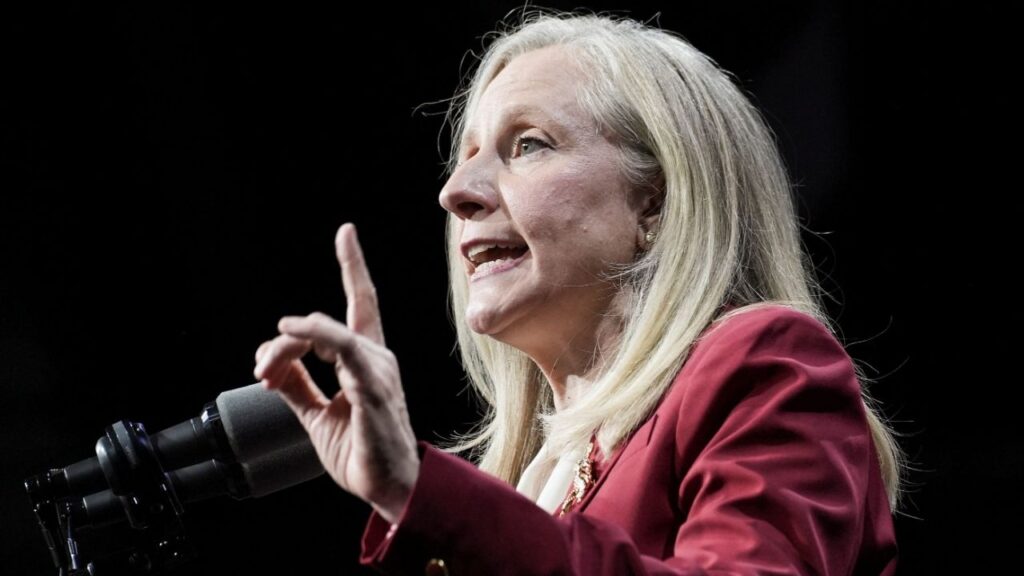
Takeaways From US Election Night 2025







